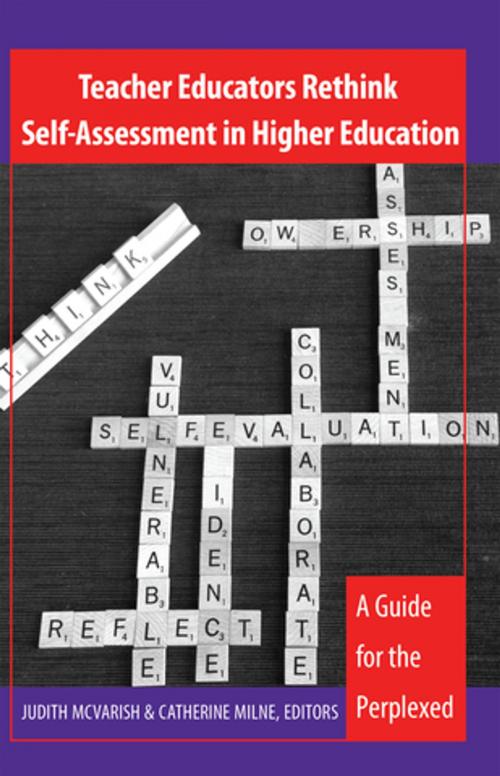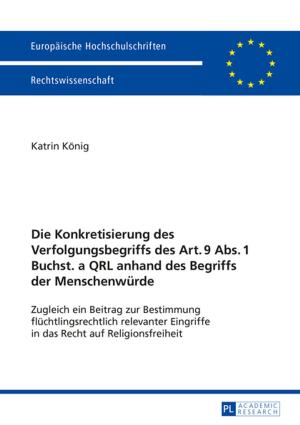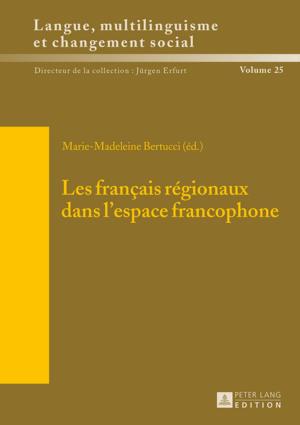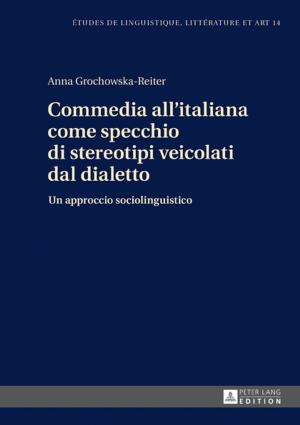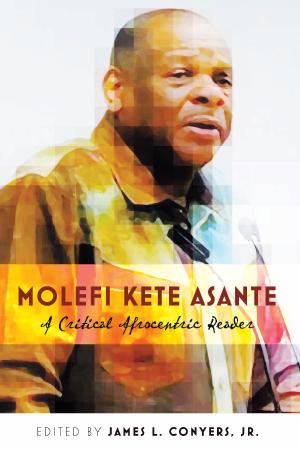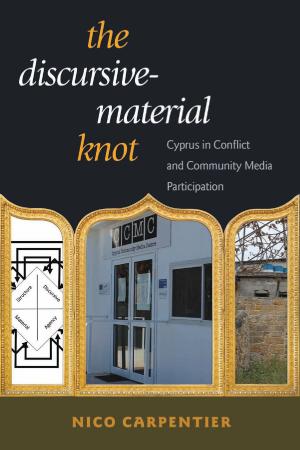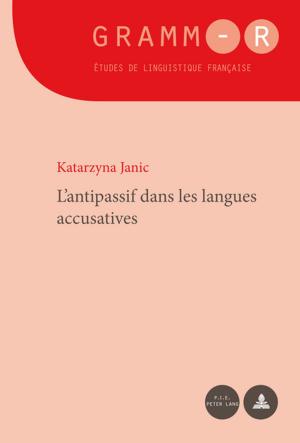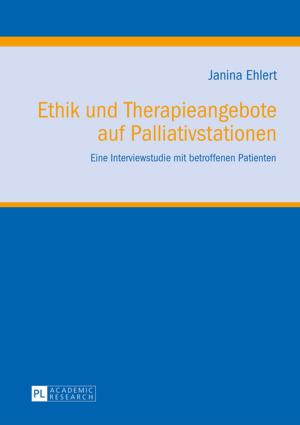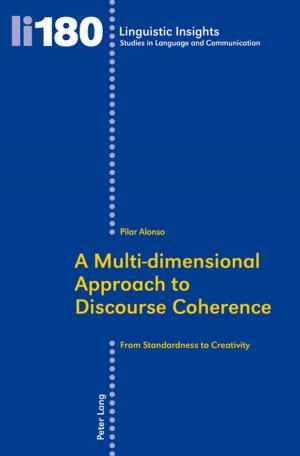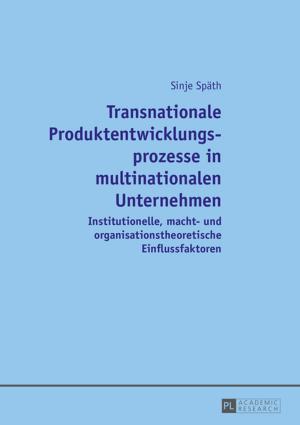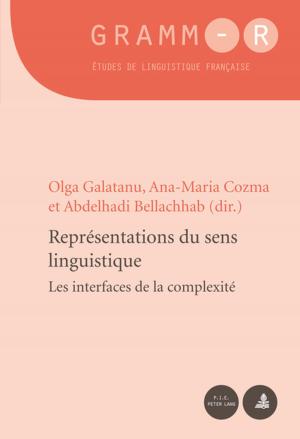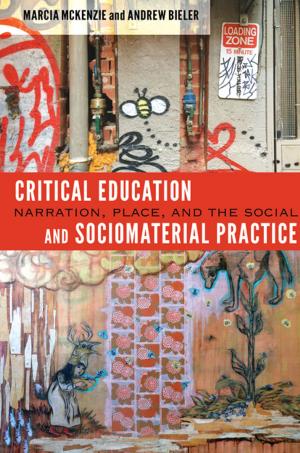Teacher Educators Rethink Self-Assessment in Higher Education
A Guide for the Perplexed
Nonfiction, Reference & Language, Education & Teaching, Special Education, Experimental Methods, Educational Theory, Adult & Continuing Education, Leadership| Author: | ISBN: | 9781454195313 | |
| Publisher: | Peter Lang | Publication: | March 31, 2010 |
| Imprint: | Peter Lang Inc., International Academic Publishers | Language: | English |
| Author: | |
| ISBN: | 9781454195313 |
| Publisher: | Peter Lang |
| Publication: | March 31, 2010 |
| Imprint: | Peter Lang Inc., International Academic Publishers |
| Language: | English |
This edited book provides readers with a guide for implementing self-assessment and self-evaluation that is based on a model implemented successfully in a diverse range of teacher education courses. Educators from disciplines as diverse as theater arts, early childhood, psychology, mathematics, and science education have adopted a model of self-assessment and self-evaluation that supports the individual ongoing assessment of learning throughout a course as well as the final synthesis of individual learning in the course. Self-assessment and self-evaluation are presented here as a means to help students and teachers reinvent the learning process as co-constructed, powered by evidence and agency in order to lift thinking beyond the mere attainment of an end-point grade; to help students own their learning in new ways they may not have experienced before; to think about teaching and learning that will carry them beyond their formal schooling years; and to value new questions as evidence of learning.
This edited book provides readers with a guide for implementing self-assessment and self-evaluation that is based on a model implemented successfully in a diverse range of teacher education courses. Educators from disciplines as diverse as theater arts, early childhood, psychology, mathematics, and science education have adopted a model of self-assessment and self-evaluation that supports the individual ongoing assessment of learning throughout a course as well as the final synthesis of individual learning in the course. Self-assessment and self-evaluation are presented here as a means to help students and teachers reinvent the learning process as co-constructed, powered by evidence and agency in order to lift thinking beyond the mere attainment of an end-point grade; to help students own their learning in new ways they may not have experienced before; to think about teaching and learning that will carry them beyond their formal schooling years; and to value new questions as evidence of learning.
